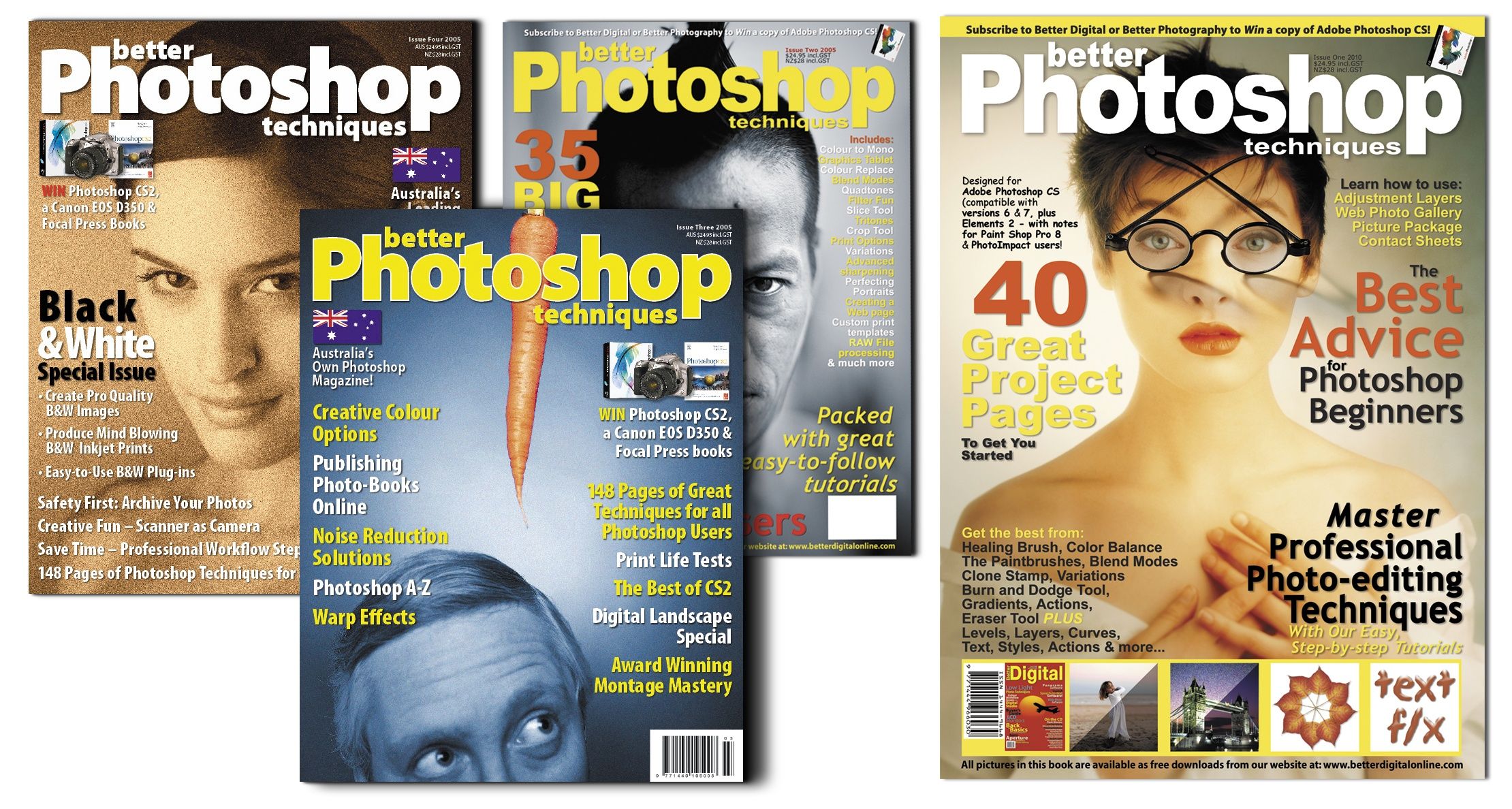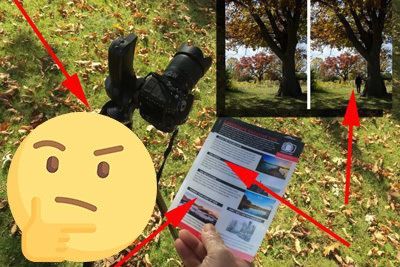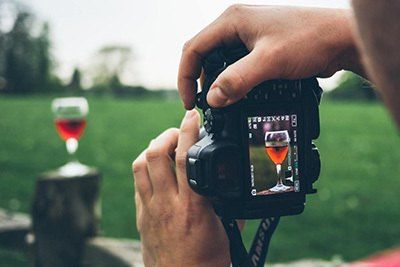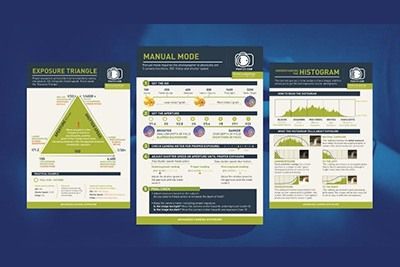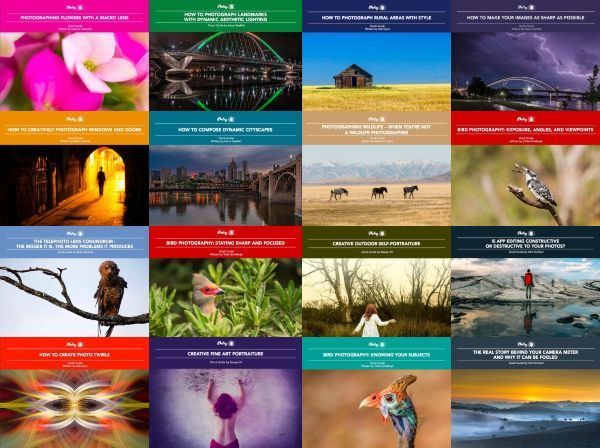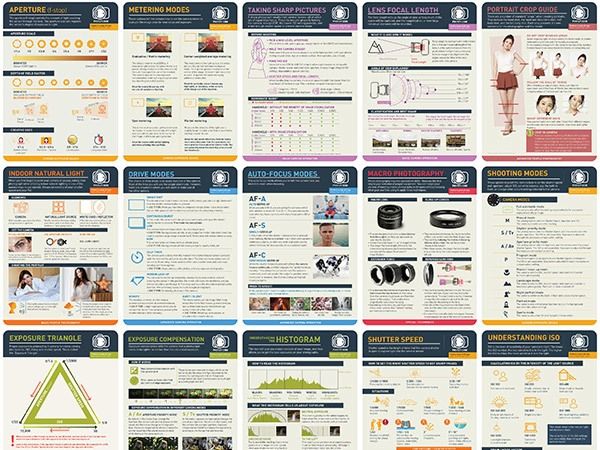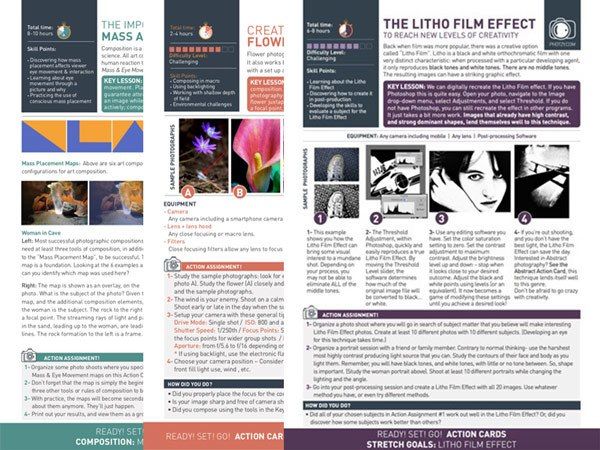I have been in the photography industry for a long time, working in a diverse range of areas, some of which I have enjoyed and others not so much. But one thing I do know is that if I’d known more about this industry before I really got into it, I’d possibly have made some completely different decisions at the outset. I write ‘possibly’ because, as we all know, hindsight, though wonderful to ruminate over, is next to useless if you don’t have the capacity to act on it.
And that capacity might be as simple as not having enough money to study or to invest in your own future. What often happens is that you end up taking a job that’s not exactly what you wanted, but it’s one you hope might lead to better things.
If I'd known more about photography before I really got into it, I'd possibly made some completely different decisions at the outset.
When I studied photography at art school, I was on cloud nine. I enrolled in a three-year course entitled ‘Creative Photography’ which at the time seemed an ideal avenue for my interests. There was only minimal emphasis on assignment deadlines, and we were encouraged to follow our particular photographic interests in almost any direction. At university, I could borrow almost any type of camera and lens from the department facility, had the run of the black and white and color darkrooms, and spent a lot of time naively wandering the countryside trying to emulate the lifestyle of a social documentary and landscape ‘artiste.’
Here are eight things I wish someone had told me before I started in photography:
Am I Going to Make Money from This Job?
You can probably guess where this is going. When I was studying, there was no practical unit in the course structure dealing with the financial aspect of ‘creative’ photography – and there were no real commercial photography degrees available nationally.
So, toward the end of my three-year stint of not being responsible for anything other than printing pictures for my assessments, I began to realize that landscapes, though beautiful to look at, were not going to provide much in terms of an income. Belatedly, I came to realize that’s why some of Britain’s most respected creative photographers were teaching at the same college I was attending, simply because, even though they were at the top of their game, they still needed a regular job to make ends meet. And a second job, like teaching photography, was a far better option than working in a completely unrelated industry, like construction, which was where I ended up.
I left university significantly more knowledgeable about photographic processes but totally unprepared in the art of managing even basic business finances. This was something that I really missed knowing about in the ensuing years.
Recommended Reading: Want to expand your shooting skills and master photography? Grab our set of 65 beautifully designed and printable Action Cards that will give you over 200 photography assignments to help you take your photography to the next level. Check it out here.
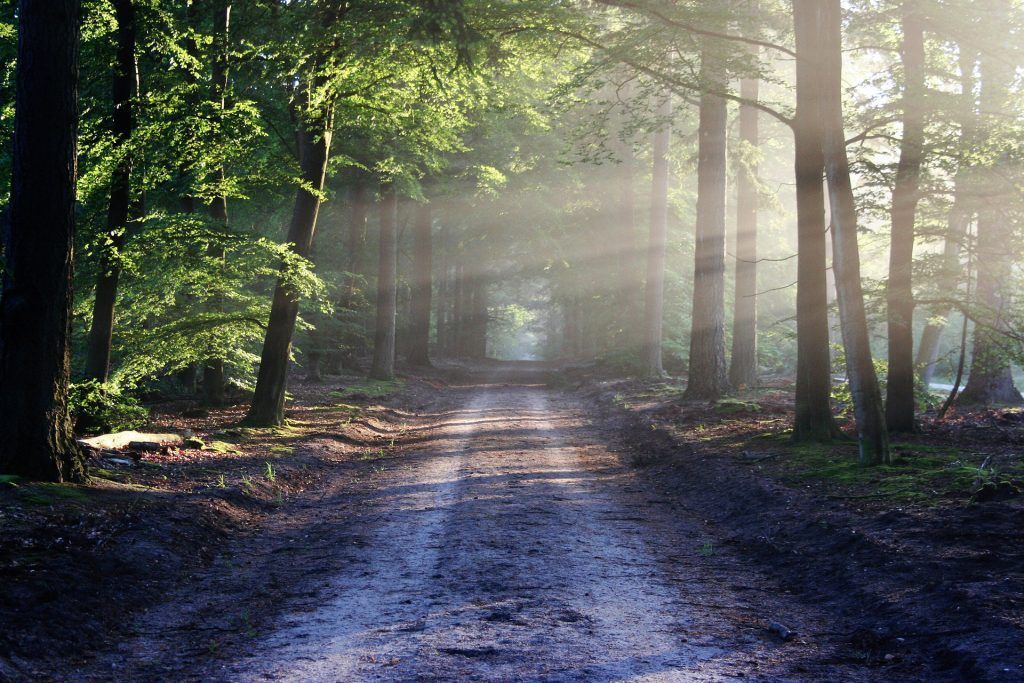
There are tens of thousands of fabulous landscape photographers around the globe but never enough outlets for their talents. It took me most of my time at university to realize that this was not going to be a lucrative photographic avenue to pursue.
Photography is All about Networking
At university, the adjoining department included fashion design, so many of us naturally fantasized about being fashion photographers. There was nothing wrong about fantasizing, I guess, but we were totally in the dark about how to get work in the industry. There were no jobs advertised wanting “fashion photographers for Vogue Magazine,” for example, or “must be prepared to travel to exotic locations.” So, it gradually dawned on me that it was not the bit of paper you got at the end of a three-year course that was going to get you a job, it was who you knew in the industry.
Today, networking is both significantly easier and a lot more complex. It’s easier because anyone can put together a portfolio and exhibit their work for the world to see – for example, on 500px.com, Facebook, Instagram, or ten other social media sites – all for free. It’s more complex, though, because the population is larger, and everyone is doing it.
Today, networking is both significantly easier and a lot more complex.
Photography is Not Just Fashion
Actually, I never wanted to be a fashion photographer. I just hung about the fashion department because most of the photography students were male and most of the future fashionistas were female.
But what I have learned over the years is that photography is one of the most varied careers you can have because it encompasses such a wide range of possibilities. Everything from documentary to press, from advertising to publishing, to law enforcement, portraiture, fine art, performance, design, architecture, cinema, technology, government, science, natural history, and more.
As a student I really didn’t pay enough attention to what I was going to do with my degree when I left university, and that, I think, was a big mistake.
In Hindsight: Points of Note

Fashion photography is an incredibly competitive and highly charged genre of photography to aspire to. The few that do succeed can make a very good living, but there are also a lot of wannabe fashion shooters out there working in coffee shops alongside wannabe actors in between jobs.
- A bad photo is always going to be a bad image, regardless of how good you might be with Photoshop.
- Good camera craft is essential for all photography applications. ·
- Social media is a must-have skill for most businesses. ·
- Marketing is as important to a photographer as getting a correct exposure. ·
- People skills are invaluable. ·
- Few photographers get rich, but diversification certainly can help provide a smoother ride. ·
- Unlike many genres, wedding and portrait photography is less likely to be impacted by a recession. ·
- Multi-skilling is immensely useful in developing a photography career.
Know Your Market
For a year I worked on a building site to finance the opening and running of a small fine art photography gallery in Cambridge in the UK. Fresh out of college and full of ideas, it just about flopped before we had even started because so few people visited the gallery, and those who did (who were not immediate family) seemed to have better things to do with their money.
I’d made a basic error by not researching the market thoroughly before launching the product. Essentially it failed because it was in the wrong location, a provincial city, at a time where photography to most people was just National Geographic or the sports pages of the local newspaper, with very little in between. In hindsight, I can see it was doomed before I even started.
I’d made a basic error by not researching the market thoroughly before launching the product... In hindsight, I can see it was doomed before I even started.
These days there are so many more opportunities to know your market, with social media, digital research, online sales, and promotional strategies. But now there’s also a significantly larger market and considerably more competition. Whatever the situation, if you don’t know your market, the chances are pretty good that it will fail.
Start at the Bottom
Three years at university had not taught me anything about running a business, so after a couple of years of trying, and failing, to do my own thing, I bit the bullet and took full-time employment as a lowly assistant photographer for an audio-visual company. I really didn’t know what this involved other than taking some sort of advertising pictures, so I thought I’d give it a go. I worked in London for five years, developing skills using all types of gear, including a rostrum camera, a programmable 35mm copy camera designed to shoot multi-projector slide shows and animation. I worked ridiculously long hours producing shows for companies in the vehicle, food, and beverage industries.
I earned a pittance and, even though I didn’t fully appreciate it at the time, I learned a lot about the technology and the industry in general, which is something that has helped me significantly over the years.
Meet Interesting People
Aside from fantasizing about being a photographer in the glamorous world of international fashion, I never really entertained the thought that photography might be a channel for meeting interesting people. Again, if I’d known a bit more about photojournalism at the time, I possibly wouldn’t have waited 30 years before diving into the job.
As an editor and publisher for several photography magazines, I not only got the chance to travel all over my part of the globe (mostly Southeast Asia), but I also met and interviewed a fair few famous people.
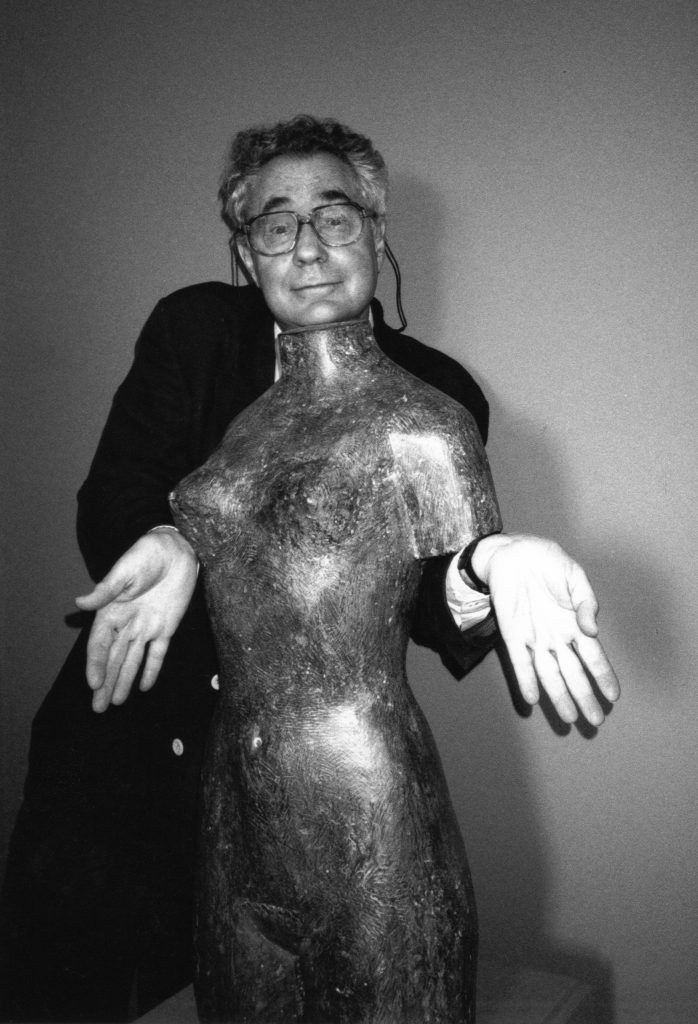
Though Magnum photographer Elliot Erwitt is best known for his wonderful dog photographs, he was quite prepared to mess about for this portrait I took of him in the Art Gallery of New South Wales. Photograph by Robin Nichols
These have included one of my all-time heroes, Magnum photographer Elliott Erwitt, world-renowned underwater snapper David Doubilet, speedlight maestro Joe McNally, and Aussie jazz legend Don Burrows, himself a mad-keen photographer.
Again, if I’d known about this side of photojournalism years ago, I might have taken a slightly different path earlier on in my career.
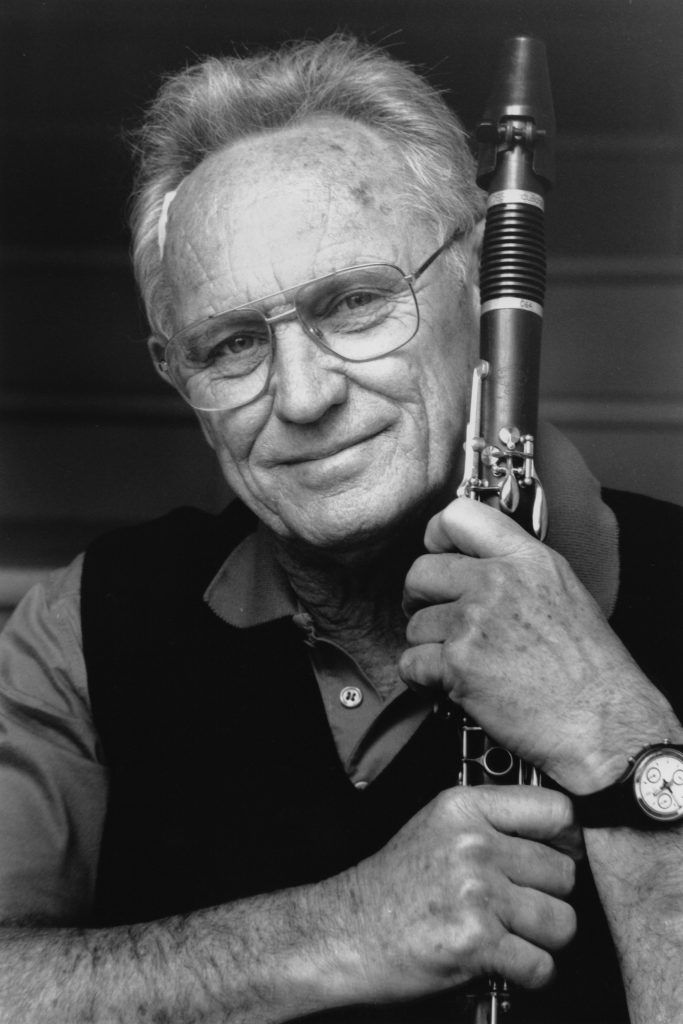
During another magazine interview, I was lucky to take this shot of internationally renowned jazz musician Don Burrows. Photograph by Robin Nichols
Learn Your Camera Craft
Even though it was many years ago, I distinctly remember learning some basic photographic theory while studying. Although we all turned up, I don’t think many of the students took it too seriously. After all, learning the reciprocity law, depth of field scales, or all about field camera movements was as far from being ‘creative’ as you could possibly get.
That said, some of the stuff I picked up in those Friday classes has been fundamental in producing good results again and again, where others may have failed. A while back, I wrote an article on telephoto lenses for Photzy. In it was the advice that your shutter speed should always match the focal length of your telephoto lens in order to prevent camera shake (in accordance with the principle that the more you enlarge a subject, the more it enhances camera shake).
Although I learned this when I was using a manual telephoto lens (that’s a lens that had to be manually focused and manually metered), the theory still stands in the digital era. Perhaps more so, because, despite the advent of image stabilization (and aggressive marketing), we might think that we no longer suffer camera shake. We do, and it’s possibly because, as we are constantly told how good the technology is, we tend to fail to take into account lens magnification and shutter speed.
Although I have never once been asked to produce my degree certificate to get a job, it’s the practical theory that I reluctantly learned that has helped me technically again and again.
Recommended Reading: Want to expand your shooting skills and master photography? Grab our set of 65 beautifully designed and printable Action Cards that will give you over 200 photography assignments to help you take your photography to the next level. Check it out here.
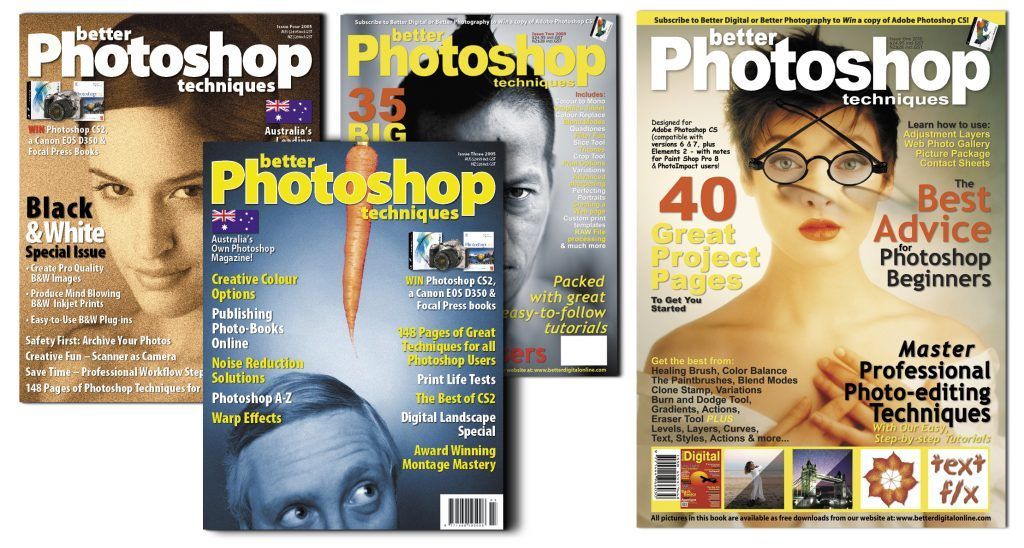
After trying several photographic genres with some success, I ended up working full time for a publishing company before starting my own magazine publishing business – something I’d never have guessed I could have done while studying at university! Photographs by Robin Nichols
Dealing With People
Years later I was working in a completely different part of the photography industry, as a freelance photojournalist contributing to several different photo publications. Although it seems obvious now, starting as a freelancer is both exciting and terrifying at the same time because, unless you have the most amazing social connections, your business lives on the strength of your contacts or dies on the results of your work.
And although there’s no exam you can take that prepares you for dealing with clients, I accidentally stumbled into the best training ground: wedding photography.

The number of wedding photographers quadruples in a recession. Even so, if you have a good eye and can work quickly, it›s a job that can be very rewarding.
As a freelance photojournalist I was earning very little, so I got a job working occasional weekends for a wedding and portrait studio. It was one of the best things I’ve done in the photography industry because it taught me both how to deal with people as well as how to shoot correctly on the run.
Of all the things I wish I’d have known early on, this (for me) is probably the most powerful. Wedding photography taught me to listen to the client (so as to get a precise idea of what ‘look’ they wanted), to shoot well in any location or lighting (i.e. while walking backwards out of a dark church into the blazing summer sun), and, most importantly, how to manage large groups of people, many of whom have no interest in being bossed about by a mere photographer.
It was one of the best things I’ve done in the photography industry because it taught me both how to deal with people as well as how to shoot correctly on the run.
While I was assisting, I was issued six or eight rolls of print film for each wedding and was told to “get on with it.” The logic was that, as everything was printed, all the images had to be different. For example, I couldn’t shoot 22 frames of the father of the bride escorting her down the aisle when only two would end up in the album. It taught me not to waste time (and film); although, I suspect this practice has changed with digital. But then again, shooting thousands of images at a wedding only creates more work for the image re-toucher, which inevitably is the photographer.
I ended up running my own freelance wedding business for eight years and only stopped when my freelance photojournalism turned into a full-time job with a publishing company. Even today I call on those people-management skills as a teacher or photo tour leader.
And there you have it – some thoughts on aspects of photography that you might not even think of when charting out a potential career in the visual arts.


